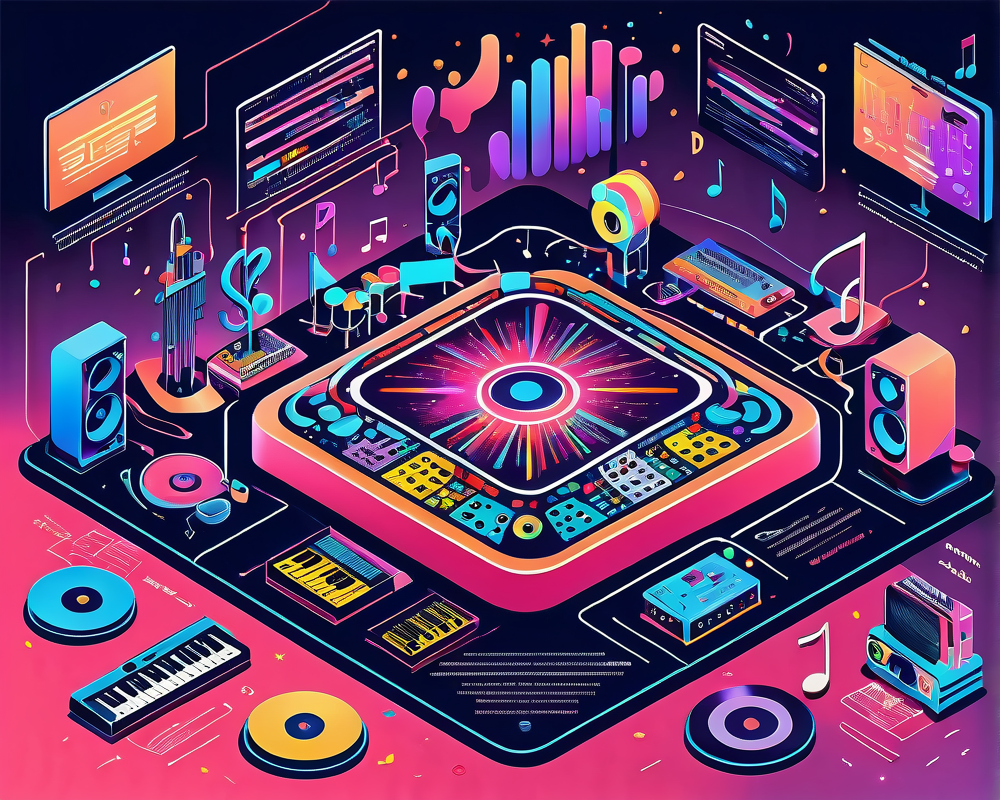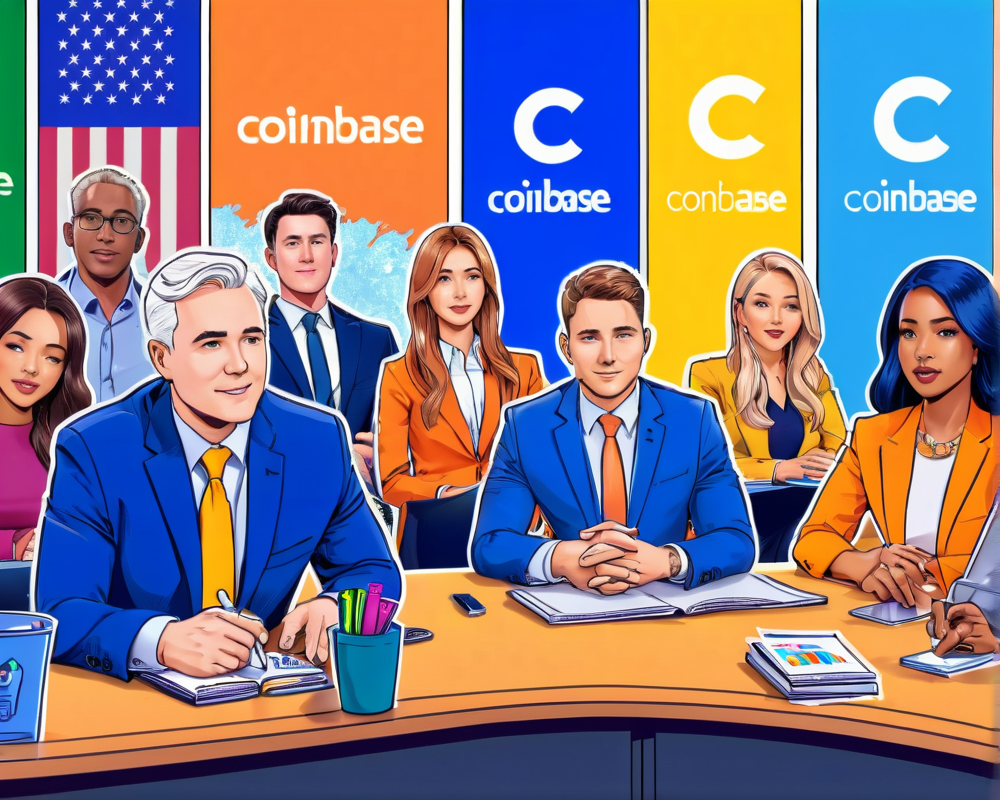The Rise of AI in Music Creation
Artificial intelligence is not just a fancy buzzword anymore; it has landed straight into the heart of the music industry, shaking things up in ways that feel like a plot twist from a bad rom-com. With AI’s ability to generate music, the line between human artistry and algorithmic composition is getting as blurry as my recollection of last weekend’s karaoke night.
Introducing Musixy: The Spotify of AI Tunes
Enter Musixy, the new kid on the block that just popped up on September 14 to whip the music industry into shape. Designed as a streaming platform mainly for tracks whipped up by AI, Musixy aims to become the go-to space for those songs that other platforms have essentially ghosted. You know, tracks that have been banned like yesterday’s lunch leftovers. Musixy’s founder, Can Ansay, claims they’re ready to embrace the AI revolution, asserting, “We’re serving music that despite its AI origin, deserves every bit of recognition.”
Struggles with the Status Quo
However, the old guard—namely the big record labels—are throwing up as much resistance as a toddler at nap time. Thanks to Universal Music Group’s recent email, which set off a spasm of copyright enforcement across platforms, old-school labels are realizing they might be facing a meltdown reminiscent of the Napster days. The fear? Losing revenue to this new disruptive force. Ansay elaborates, “They are in panic mode because the efficiency and cost savings provided by AI make traditional labels look about as relevant as a flip phone.”
The Grammy Dilemma
With AI-generated tracks stepping into the limelight, the question arises: Should they be honored alongside traditional music? Musixy’s goal could well include paving the way for AI tracks to get their Grammy recognition, but it won’t be simple. According to Ansay, if Musixy gets the nod as a legitimate platform, we could see AI songs snagging awards. Ah, the sweet taste of justice served with an algorithmic twist!
Legal Hurdles: The Vocal Likeness Issue
When it comes to using the vocal likenesses of well-known artists, things get sticky. Faced with the ethical dilemma of using AI to mimic voices, Ansay suggests tagging these AI vocal tracks as “unofficial”—an admission that it’s all in good fun but with a flair of honesty. This would prevent future blunders and hint that maybe, juuuust maybe, a karaoke version isn’t as sound as the real deal.
Looking Ahead: The Future of AI and Music Awards
So, where can we go from here? Should AI-generated tunes take a seat at the awards table or gather in a corner with their own special category like “AI Song of the Year”? According to our friend Ansay, both ideas have merit. As the music industry continues to evolve, it could become a phenomenon where AI and human artists coexist in harmony, if only for the sake of a good duet. On the brighter side, the Grammys claim they’re also keen on honoring advancements in science—apparently, AI might just fit the bill like a well-tailored tuxedo.




